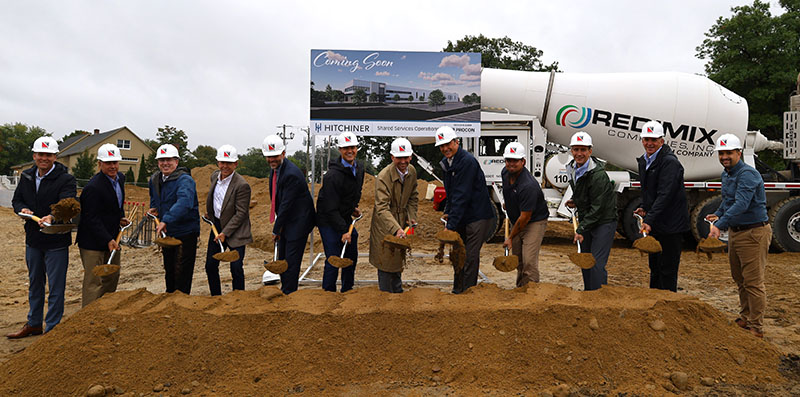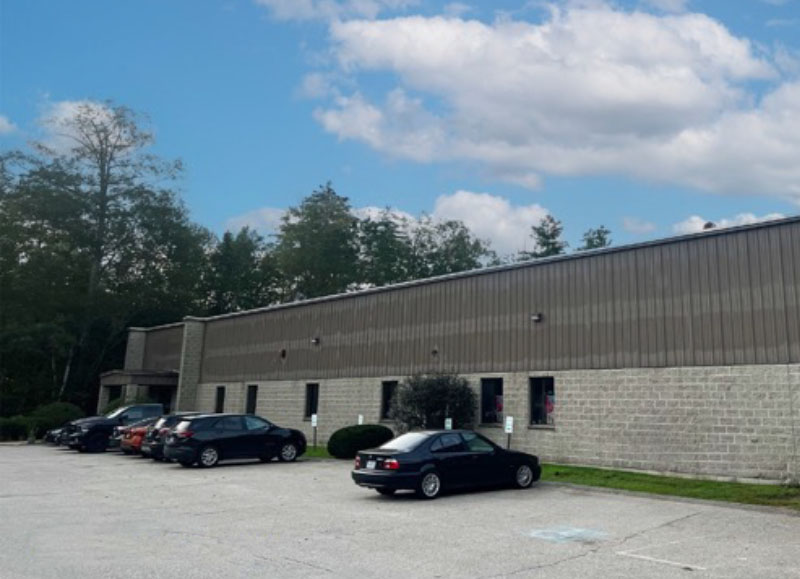Andrews of Nobis Group appointed to American Council of Engineering Companies New Hampshire board of directors

Concord, NH Tim Andrews, PG, director of state & municipal services at Nobis Group, has been appointed to the American Council of Engineering Companies New Hampshire (ACEC-NH) Chapter’s board of directors.
“As a developing professional and project geologist, I recall the importance of involvement with ACEC-NH that impressed me by the senior leadership of Nobis,” said Andrews. “Since then, I’ve taken the opportunity to participate in numerous events that have helped shape my professional growth and learn more about the engineering/consulting industry. Over the years, I’ve been able to participate in multiple ACEC-NH committees where I’ve met colleagues from various disciplines and been able to provide support and insight on numerous key topics. I’m honored and humbled for this opportunity to contribute as a board member to ACEC-NH, alongside so many esteemed individuals in the New Hampshire engineering community and I hope to be a positive ambassador for all of our ACEC-NH member firms.”
Nobis Group, founded in 1988, is a leading engineering and science consulting firm.
providing expertise and solutions for public and private projects throughout the Northeast of the U.S. Nobis Group offers civil engineering, geotechnical engineering, and environmental remediation services. Nobis Group is a 100% employee-owned company with a legacy of collaboration, responsiveness, an employee-focused workplace culture, and community involvement.
PROCON and Hitchiner break ground on 57,000 s/f shared services operations facility








.png)